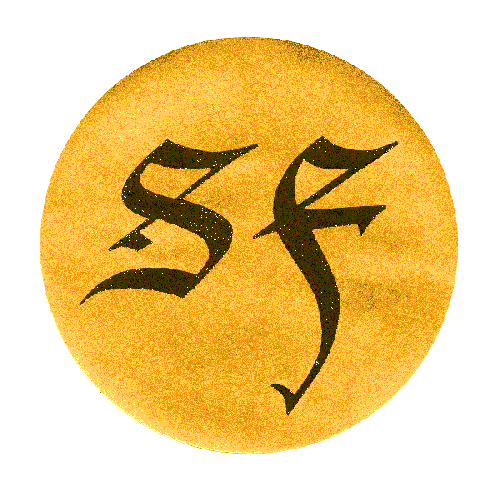

reproduction
historical woodwinds
Stephen Fox clarinets are finely hand crafted instruments for discerning performers who want something different from the norm.
They are the product of a convergence of many years' experience in the arts and sciences of clarinet performance, practical woodwind technology, academic study of physics, and the precise examination of numerous historical and modern instruments across Europe and North America.
Various models offer either incremental evolution of conventional designs, or radical new concepts which open up new pathways to achieving the tone quality, response and control for which we all strive.
They offer the advantage
over the major manufacturers' products of being individually tailored to
the customer's requirements. Any instrument (within reason) can be
constructed to order; the descriptions here give standard models and variations
on them.
Benade NX clarinets in Bb and A
basset clarinet and basset conversion
clarinet, basset clarinet/basset horn in G
Body material is normally grenadilla (the recommended wood for its stability and playing properties), but other woods and synthetic materials are available on request.
Other Dalbergia species with fancy colouration, such as cocobolo, are popular for their attractive appearance (not a bad reason for making the choice, as long as we don't confuse aesthetics with musical qualities!); they tend to carry a penalty in terms of dimensional stability and potential roughness of the bore surface unless it is carefully sealed, and involve considerable extra work for the maker. (The much-discussed allergenic properties of cocobolo should be a concern mostly to the instrument maker, who is dealing with the dust.)
Boxwood is an interesting option for a modern clarinet, particularly for chamber music, but for an instrument in heavy everyday use, longevity would be a concern.
Synthetic materials hold the promise of indefinite stability, unlimited availability and in some cases superior physical strength, with (despite prejudices!) no diminution in musical qualities. The downsides are generally more difficult working properties (meaning no reduction in price compared with wood) and less aesthetic appeal. A full scientific study of various substances, leading perhaps to a custom-made material with optimum characteristics, is a job for the (near?) future. The principal synthetic material currently offered is Delrin, a polymer with extremely high strength and with density similar to grenadilla.
~~
Constructional details, including socket rings (conventional metal, bonded synthetic, wooden bulge), decorative elements (e.g., inlaid banding on bell rim), monograms, etc., are all open for discussion.
~~
Keywork is normally Boehm system, with any requested variation or addition.
Some examples of additional keywork-
- alternate left hand Ab/Eb key
- automatic register/Bb mechanism, with separate tone holes for each function; hole selection can be controlled either by the thumb ring or by the throat G# key, as per the customer's preference;
- "bis" L1 touchpiece to hold down the L2 ring (for C-Eb/G-Bb tremolos)
- R1 touchpiece for the C#/G# key
- plateau keys (sometimes requested, particularly for the right hand, by players with motion or sensation problems in the fingers)
etc.
Key material is nickel silver. Plating options include silver, nickel and yellow gold (not that the price of gold plating is set according to current market rates and cannot be accurately predicted in advance).
~~
Mouthpieces are only included if they are different from normally available types (otherwise it is assumed that customers will have their own).
Barrels: Normally one barrel is supplied with each instrument, though a second barrel may be ordered. In the case of unfamiliar models (for most customers, this means all except the French bore Bb and A clarinets), it may be best to become accustomed to the instrument with the one barrel supplied before purchasing a second one.
Cases included in the quoted prices are basic. Fancier cases may be available at extra cost, or, if preferred, instruments can be supplied without cases so that customers can source them independently (for customers outside Canada, this may be the most practical and economical method with specialist cases that need to be imported).
~~
For information on ordering, click here.